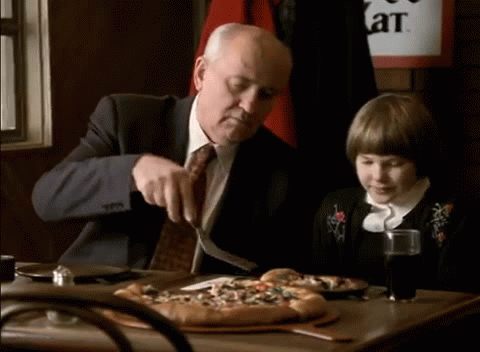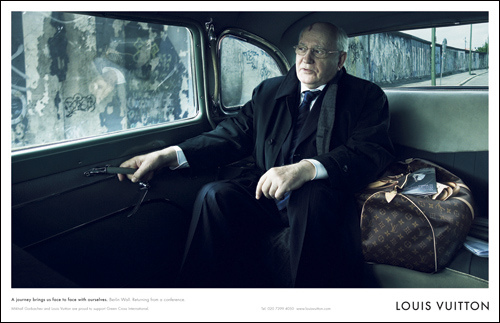Moscow is of two minds. To some extent, the capital of Russia must toe the line for Vladimir Putin, a capo with nuclear capabilities, whose backward thinking has dashed the national economy and threatened a new Cold War. But Moscow also rejects the retrograde big picture. The city openly embraces the future, one that’s not only an explosion of conspicuous consumption but also is liveable and sustainable.
In their Spiegel profile of a city in transition, Christian Neef and Matthias Schepp write that “the avant-garde triumphs on Moscow stages” in reference to cutting-edge theater, but all the world’s a stage. An excerpt about Technopolis:
City officials chose a former industrial ruin as the site of Technopolis, the largest of 19 new high-tech parks. The site once housed the Lenin Komsomol auto plant, which the Soviets built in 1930 in collaboration with Ford. After World War II, the plant produced the Moskvich, a copy of Germany’s Opel Kadett.
A real estate developer is now building a giant shopping mall on the site, and the city government has plans to build housing and offices for tens of thousands of people, skyscrapers included. But the pièce de résistance is Technopolis. Several dozen innovative companies have moved into one of the old factory buildings, including a manufacturer of computer-guided drones that deliver products from medication to pizza. City officials were enthusiastic about the company, while military and intelligence officials have voiced security concerns.
The startups are attracting specialists like nanophysicist Irina Rod. She has returned to Russia from the West, where many of her colleagues had emigrated to, “because, with Technopolis, they have finally established the conditions needed to work properly,” she says. Rod, who conducted research at the University of Duisburg-Essen in western Germany for seven years, has spent the last two years working for a joint venture of the Dutch firm Mapper and Russian high-tech holding company Rosnano.
The city government has rolled out the red carpet for such investors, waiving property taxes, reducing corporate income tax by a quarter, setting rents at below market level and guaranteeing a maximum waiting period of six months from the date a startup files an application for incorporation to the date of registration. “For Russia and our sluggish and often corrupt bureaucracy, that is sensational,” says Rod.
The 35-year-old is standing in a clean room, which has special protective features against contamination. She is wearing a white astronaut suit over a sweater and jeans, and her long, blonde hair is tucked under a white hood. Rod is in charge of quality control for microscopically small electronic lenses, which guide beams inside large 3-D printers.
She originally left the country because Russian microscopes were inadequate for the highly specialized research she does. “But now Moscow has an advantage,” she says. “The elevators for rapid professional advancement move twice as fast here.”•

![]](https://afflictor.com/wp-content/uploads/2016/04/valentina-tereshkova.jpg)

